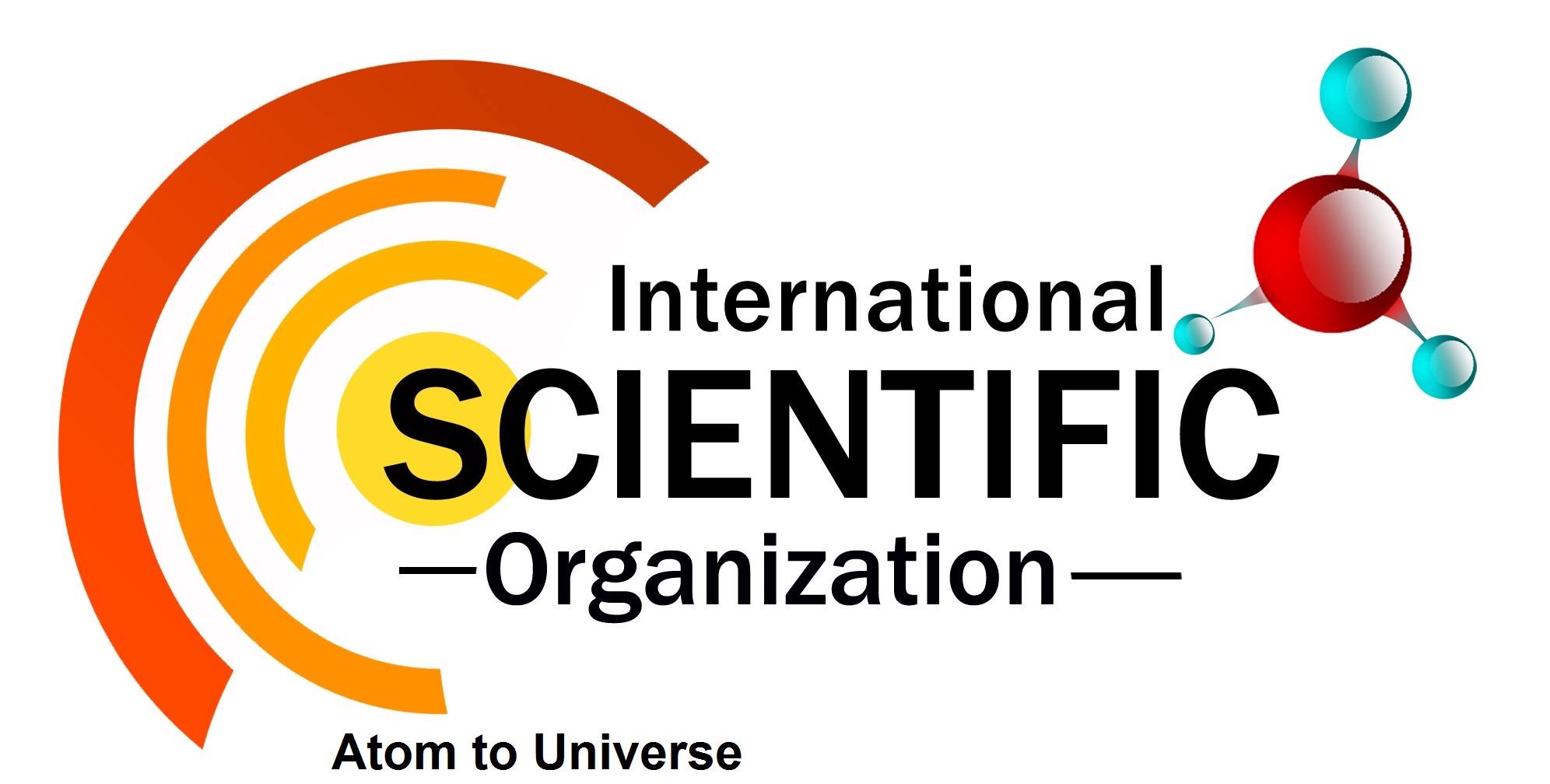International Journal of Chemical and Biochemical Sciences (ISSN 2226-9614)[/vc_column_text][/vc_column][/vc_row]
VOLUME 26(20) (2024)
Balancing Blood Glucose Level by Using Effective Nutrition Strategies and Change of the Lifestyle
Burbuqe Kurtaj Bajrami1, Tatjana Blazevska1*, Alberta Tahiri2, Igballe Krasniqi Cakaj3
1Faculty of Technology and Technical Sciences, University “St. Kliment Ohridski’’- Bitola, Dimitar Vlahov bb, 1400 Veles, Republic of North Macedonia
2Faculty of Management in Tourism, Hospitality and Environment, University’’Haxhi Zeka’’UÇK 30000 Pejë, Kosovo
3Alma Mater Europea Campus College” Rezonanca’’, Veternik nn, 10000 Pristina, Kosovo
Abstract
The elevation of glucose levels in the blood adversely affects the quality of life. It is a health condition that results in a disturbance or dysfunction of a specific physiological process in the body and may manifest through various symptoms. The purpose of this research is to examine the impact of lifestyle and dietary habits in patients with hyperglycemia and to demonstrate that modifications to these factors can lead to significant improvements and regulation of hyperglycemia levels. To conduct the research, a survey questionnaire was administered to patients in Kosovo who are experiencing issues with elevated blood glucose levels. For this purpose, a total of 200 respondents aged between 27 and 85 were included. The questionnaire comprises 48 survey questions. A statistical analysis of the collected data was conducted using SPSS, Reviews, and MS Excel software applications. The data obtained indicate that the majority of respondents are aged between 51 and 60 years. According to the educational structure, a maximum of 60% has completed secondary education. A total of 23 patients exhibits normal body mass, defined as a Body Mass Index (BMI) ranging from 18.5 to 24.9. In contrast, 38% of patients, equating to 76 individuals, demonstrate excess body mass as determined by BMI criteria. Fifty percent (50%) of patients exhibiting hyperglycemia frequently omit breakfast. Eighty percent (80%) of respondents reported that they do not engage in regular exercise or that their exercise frequency is infrequent. Forty-six (46%) percent of respondents indicated that they occasionally consume fruit in quantities ranging from 250 to 500 grams. More than half of the respondents indicated that they predominantly consume bread and pasta made with whole meal flour, whereas 28% reported not consuming bread and pasta at all. Additionally, 46% of patients occasionally utilize artificial sweeteners, while 57% reported occasional use of natural sweeteners. In conclusion, it can be asserted that enhancing the lifestyle and dietary practices of patients can effectively prevent the progression of the condition and the advancement to type 2 diabetes.
Keywords: Hyperglycemia, Lifestyle, Nutrition
Full length article *Corresponding Author, e-mail: tatjana.blazevska@uklo.edu.mk
International Scientific Organization- Atom to Universe
Journals
- International Scientific Organization
- International Journal of Chemical and Biochemical Sciences (IJCBS)
- Volume 27 (2025)
- Volume 26 (2024)
- Volume 25 (2024)
- Volume 24 (2023)
- Volume 23 (2023)
- Volume 22 (2022)
- Volume 21 (2022)
- Volume 20 (2021)
- Volume 19 (2021)
- Volume 18 (2020)
- Volume 17 (2020)
- Volume 16 (2019)
- Volume 15 (2019)
- Volume 10 (2016)
- Volume 14 (2018)
- Volume 13 (2018)
- Volume 12 (2017)
- Volume 11 (2017)
- Volume 9 (2016)
- Volume 8 (2015)
- Volume 7 (2015)
- Volume 6 (2014)
- Volume 5 (2014)
- Volume 4 (2013)
- Volume 3 (2013)
- Volume 2 (2012)
- Volume 1 (2012)
- Store
- Cart
- Account

